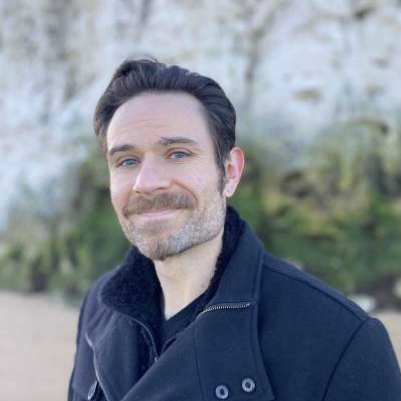Political Cognition
Politics is one of the most contentious dividing lines of modern society. Conflict over political issues such as immigration, climate change, and wealth redistribution undercut the social fabric, galvanize political violence, and create gridlock in our institutions. This workstream will address the factors that drive these political divisions and discuss how we can bridge them.
We will consider questions such as:
- To what extent do individuals’ political attitudes cohere as interrelated sets of beliefs, also known as “political ideologies”?
- How do individuals of differing political views–for example, those who are more versus less ideologically extreme, or those on the political right versus left–differ in their political cognition and behaviour?
- What can psychology tell us about recent political phenomena such as the rise of populism, nativism, and conspiracy beliefs?
- How do the politics of race and gender play out in diverse, multicultural societies?
- How are people’s political attitudes shaped by those around them?
- What drives political polarization in society, and how can polarization it be reduced?
Workstream Leaders
Nikhil Sengupta

Senior Lecturer in Psychology at the University of Kent. His research uses largescale longitudinal surveys to understand how features of the social structure, such as inequality and deprivation, affect people, and how people affect the social structure through their political attitudes and behaviour.
Robbie Sutton

Professor of Social Psychology at the University of Kent. His interests span topics in justice, social cognition, communication, and intergroup relations. He has recently published several papers from a Leverhulme funded project on perceptions of non-human (animal) intelligence and the scope of moral concern. He is currently working on moral dimensions of memory and forgiveness.
Joseph Phillips

Lecturer in Politics at Cardiff University. His research uses large-scale survey data and experiments to understand how people form political beliefs and attitudes and how they change over time. He also does work on affective polarisation.
Guest Teachers
Benjamin C. Ruisch

Lecturer in Psychology at the University of Kent. His research aims to uncover the factors that drive societal divisions such as political polarization, conspiracies, and anti-democratic behavior.
